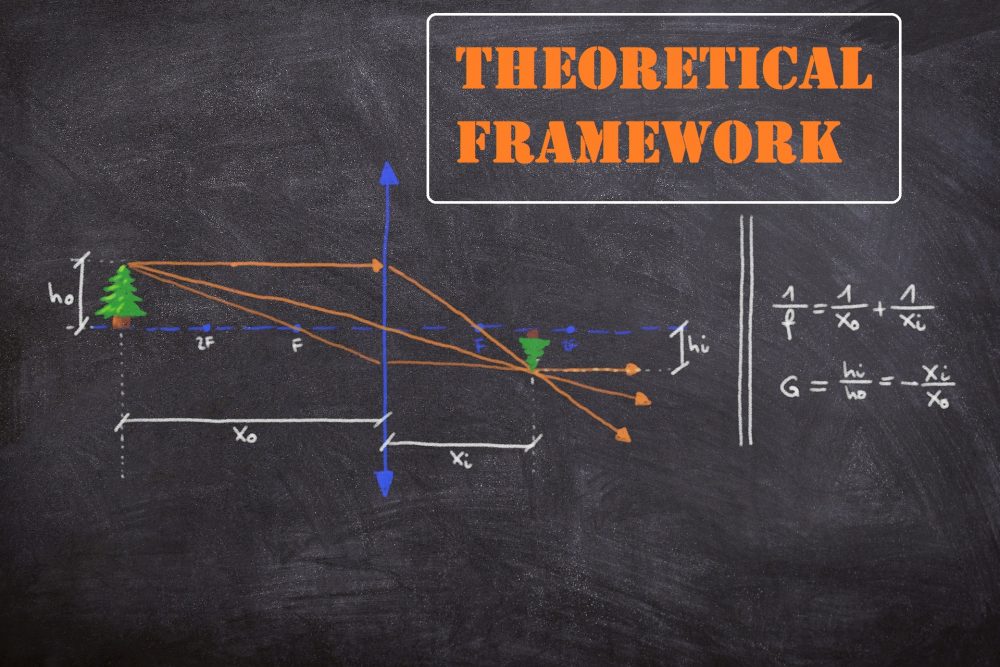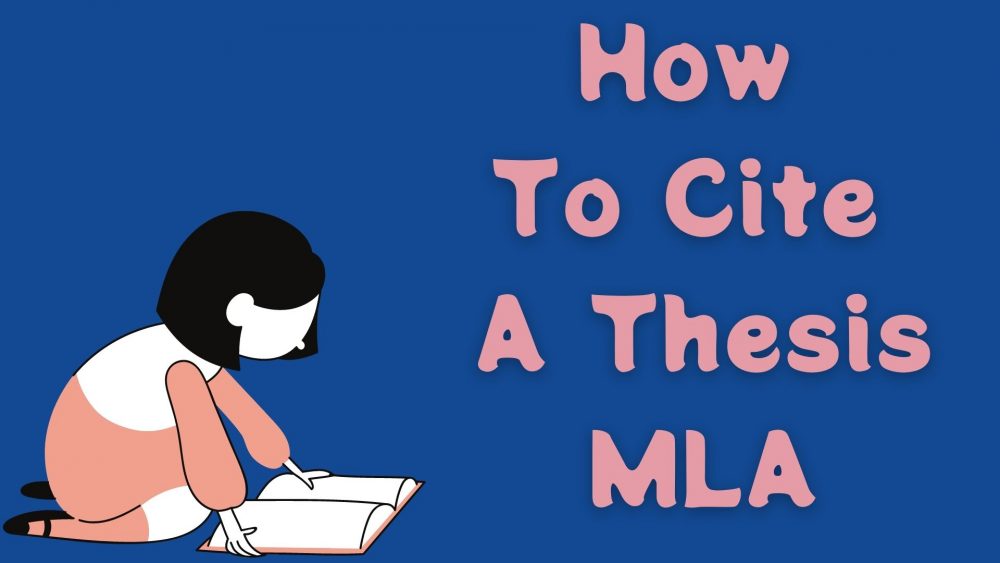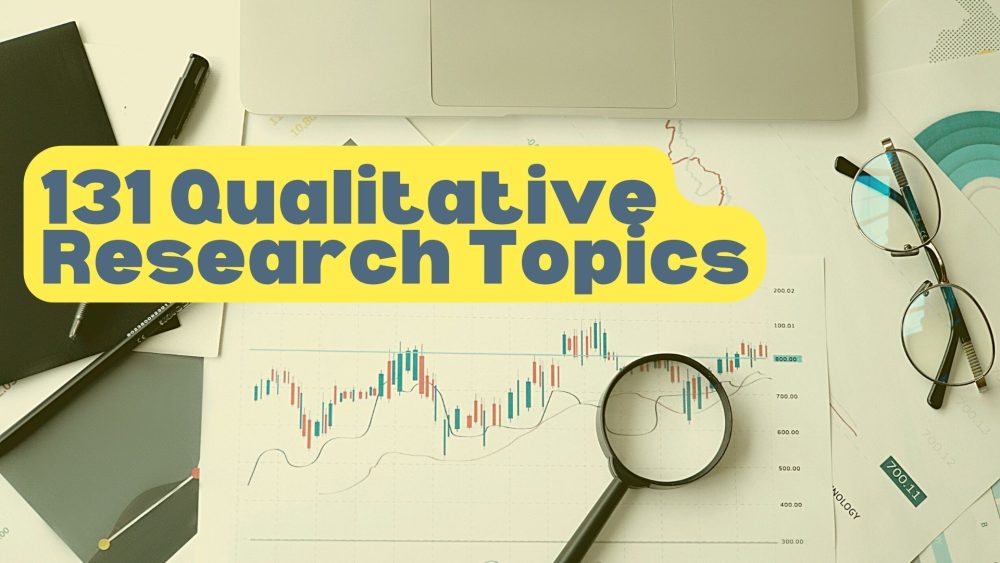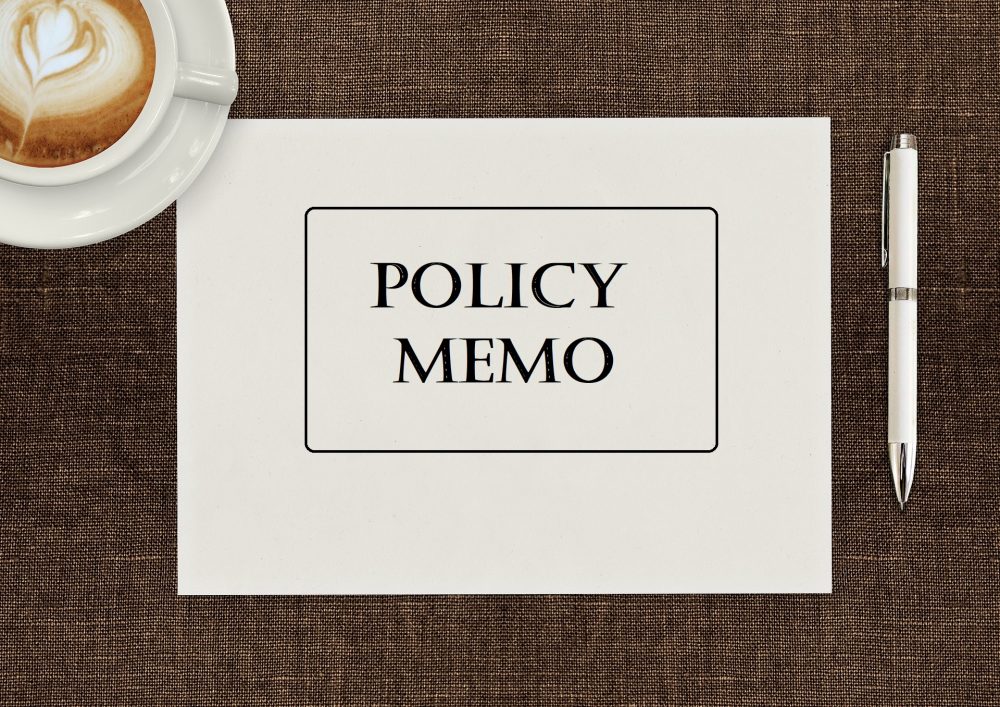In a thesis or dissertation, a theoretical framework is a section where the writer evaluates or discusses the most relevant theories to their study.
The purpose of this section is to:
- Define the key concepts
- Combine and evaluate relevant models and theories
- Explain expectations and assumptions that guide the project
The proper presentation of this information frames the research while justifying the approach taken by the writer. This section does this by showing the established ideas on which you ground your work.
Essentially, this section of a dissertation a foundation that supports the analysis that follows. It also allows the author to convincingly interpret their results and state or explain their relevance in a larger context.
When properly written, this section works like the software or buildings that provide critical support to the other aspects of the study. Writing a strong framework with a strong theoretical basis enhances investigations that lead to the achievement of specific study goals.
A well-written framework reduces a dreadful research topic into two basic concepts. These are:
- The study problem
- The rationale behind its investigation
When writing the framework section, focus on creating a piece that connects you with the existing knowledge via the guidance of relevant theories. Also, provide the basis of your hypothesis and your chosen research methods. A professional dissertation writer will help, if you’re in trouble.
Contents
What Is a Theoretical Framework?
Just like the name suggests, this part of a dissertation or thesis is about theories. Researchers develop theories to draw connections, explain phenomena, and make predictions.
The simplest theoretical framework definition describes it as a collection of theories or interrelated concepts. It comprises concepts and their definitions, as well as, a reference to existing theory and scholarly literature that will be used in a particular study. Your content in this section of a thesis or dissertation must show your understanding of concepts and theories relevant to your research topic. It must also relate them to the considered broader field of knowledge.
- Some students confuse conceptual vs. theoretical framework. In some cases, learners use these terms interchangeably. But though these terms help readers understand the research problem while guiding the collection, as well as, analysis of information, they are different.
- According to the above definition of theoretical framework, it comprises concepts or theories relevant to a study. It highlights how the author will understand and investigate the research problem.
- On the other hand, a conceptual framework can include several formal theories partly or entirely, and other empirical findings and concepts from the field’s literature. The main difference between theoretical and conceptual framework is that the latter demonstrates the relationships among ideas and their relationship with the study.
- A conceptual framework is commonly used in qualitative research. Although some researchers use a theoretical framework in qualitative research, it is common in quantitative research. A conceptual framework is commonly used in qualitative research, especially in behavioral and social science studies.
The Length of a Theoretical Framework
The complexity and length of this section depend on the topic and study field. Some fields and topics have an obvious and well-established theoretical basis. Others need a more detailed justification and explanation.
Maybe you already know that you will apply a specific theory or several theories to your specific context. For instance, you may intend to use the social impact theory when conducting your market research. In that case, the main task is to discuss the main aspects of this theory and then convince the readers that it offers a solid basis that will enable you to answer the research question. It’s also crucial that you evaluate more theories, as long as, they are relevant to your study. Also, tell your readers why you’ve chosen that specific approach.
In some cases, authors draw on different theories and then combine ideas. This approach can lead to strong research. However, it may require more work because you have to implement the theories in your work.
Most theoretical framework examples range between three and five pages. However, no rules govern the length of this section of a dissertation. Nevertheless, try to keep yours within the range of 3-5 pages. This length is adequate for providing all the relevant information your reader wants to know about your chosen theories and assumptions.
Theoretical or Conceptual Framework?
Perhaps, you are torn between a theoretical and conceptual framework. Well, the best approach for deciding what to use in your paper is determining the kind of study you want to conduct. If you must use a theoretical framework in qualitative research, determine the theories you intend to use.
That’s because most types of theoretical framework in qualitative research are found in studies based on existing theories. For instance, you can use this framework when your study is based on motivation theory.
On the other hand, a conceptual framework is ideal for something you will develop based on a theory. Thus, you can use some or all concepts of this theory. Thus, you develop a conceptual framework to solve a problem for which you’re doing the study to find a solution.
Types of Theoretical Framework
At this point, you’re no longer asking, ‘what is theoretical framework?’ But, you most likely want to know the types of frameworks that you can consider for your research. Well, this framework provides a lens or a perspective via which you will examine your topic. And this perspective can be from any study field depending on your academic paper.
For instance, a nursing student can use a theoretical framework in nursing research as long as it defines the concepts while explaining the phenomena in question. However, learners can consider other categories and types of theoretical framework in research.
They include:
- Dynamic and sustainability framework
- Implementation results framework
- Theoretical domains validation framework
- Consolidated implementation research and theoretical domains framework
- Active research implementation framework
- Evaluation framework
The internet has many resources with examples of theoretical framework in qualitative research and quantitative research. Check them out before you use any framework in your research to know what it entails.
How to Write a Theoretical Framework
This article has already answered the question, ‘what is theoretical framework in research?’ It has also highlighted the types of this framework. But, how do you complete your theoretical framework research work?
Here is a guide for creating this framework for your research:
- Identify the main concepts: Start by picking the main terms of your research problem or research questions. Some concepts can have several definitions. Your framework should define what each concept means clearly. For instance, if concepts like “customer satisfaction” and “customer loyalty” are central to your study, define them and discuss theories that explain their relationship.
- Explain and evaluate relevant theories: Engage in an extensive literature review to find out the definition of the connections between theories and concepts by other researchers. As you compose your framework, focus on critically evaluating different approaches and comparing them. Establish the most appropriate definitions for your research after discussing different theories and models. Mention all important concepts that are connected to the theories that you discuss in your framework. Explain why you choose a well-established theory for your study and what makes it the most suitable for that purpose. If unsure about the best way to do this, check a theoretical framework example online first.
- Demonstrate how your study fits in: In addition to discussing theories by other people, your framework should demonstrate how your project will implement these ideas. That means you have to test whether your chosen theory holds in your specific context. Also, use this theory to interpret the findings of your study. It’s also crucial to challenge or critique the theory. What’s more, combine various theories in a unique or new way. If possible and relevant, use your framework to come up with your research hypothesis.
- Structure your framework: When writing a dissertation or a thesis paper, you can integrate your framework in the literature review chapter. However, you can have it as a separate section or chapter of your paper. If you will be dealing with several complex theories in your paper, have a separate chapter or section for the framework. Nevertheless, you don’t have to follow specific, fixed rules when it comes to structuring the research theoretical framework section. But, your framework should have a logical, clear structure. For instance, you can draw on your study problems or questions and then structure every section around a major concept or question.
These tips should guide you in writing a framework with the theories or concepts you intend to use in your thesis or dissertation. However, you can apply them differently depending on the nature of your study. For instance, a business paper framework may not be the same as a nursing theoretical framework because these are different study fields. However, the concept of creating this framework is the same.
Summary of a Theoretical Framework Sample
For some researchers, an ideal approach is to define theoretical framework. However, some researchers assume the reader already knows what this framework is all about. As such, they go straight to the details. Below is a summary of a theoretical framework in research example.
Company Y wants to resolve the problem of having many customers buy its products online without returning for subsequent purchases. As such, the company management is looking for ways to enhance customer loyalty, hoping that better customer satisfaction will lead to the achievement of this goal.
In your research, you have developed a problem statement, research question, and research question as follows:
- Research problem: Most online buyers do not come back for subsequent purchases.
- Objective: To boost customer loyalty hoping to increase revenue through online sales
- Research questions: How can company Y improve the satisfaction of online customers to enhance customer loyalty?
Your framework should focus on answering these questions:
- Is there a relationship between customer satisfaction and customer loyalty?
- How loyal and satisfied are the online customers of company Y currently?
- What are some of the factors affecting the loyalty and satisfaction of the online customers of company Y?
Customer satisfaction and customer loyalty are major concepts that play a role in such a research paper. Therefore, they should be investigated and measured using theories or concepts that should be featured in the framework.
The information contained in this framework could be different from that of a theoretical framework nursing educators expect. That’s because this framework is meant for a business-oriented research paper. Nevertheless, the approach for writing both frameworks is the same.
The framework section of a thesis or dissertation paper clarifies implicit theories or concepts in a clearly defined manner. It also shows how they connect to the current research and why they are suitable for it. Your academic supervisor will most likely check this section first. Therefore, understanding its purpose and how to write it properly is very important.












